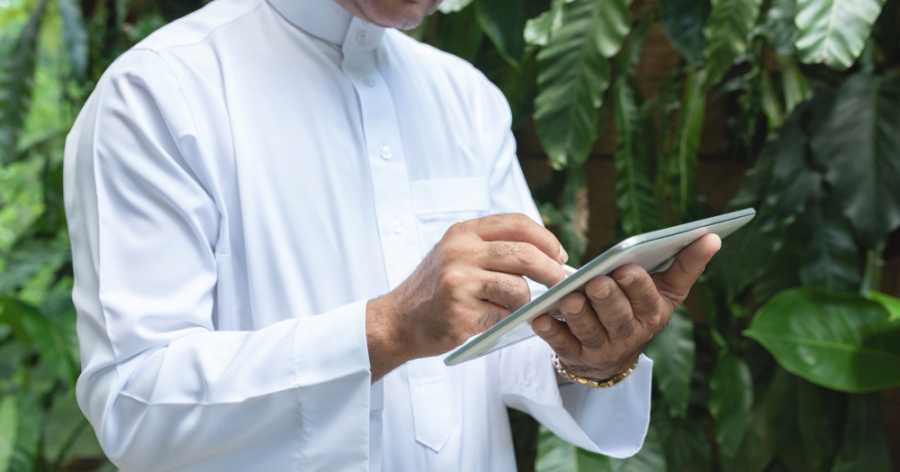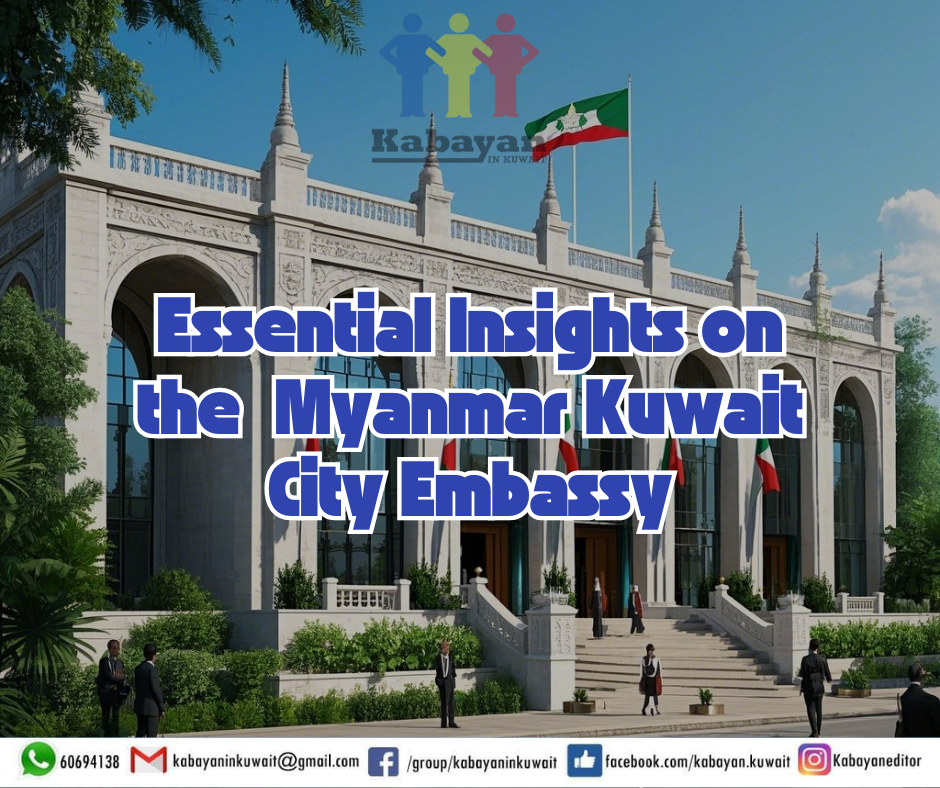4 Essential Banking Tips for Expats Living in Kuwait

Experiencing banking in Kuwait is notably remarkable within the Middle East due to its highly developed financial sector and world-class banking services. The country hosts a variety of banks, including local, regional, and international institutions, offering diverse options for those looking to invest or make significant purchases, like real estate.
Opening a bank account can be a challenging task, especially for expatriates. Finding a bank that caters to expats and understands the nuances of living abroad can complicate financial planning. In Kuwait, many banks require proof of residence, which can delay the process. Additionally, banking systems in Kuwait may differ significantly from those in other countries. Continue reading to discover more about navigating the banking landscape as an expat in Kuwait.
An Expat’s Banking Guide in Kuwait
Explore the banking landscape in Kuwait, and you’ll quickly see the excellent opportunities available for expats. Want to optimize your financial experience while living here? Keep reading to discover some of the top banking options Kuwait has to offer!
Banking Overview
Kuwait boasts a sophisticated banking sector with numerous international banks operating within the country. Kuwaitis are known for their conservative approach to financial matters, which might require some adjustment for newcomers. Banks in Kuwait operate between 8 AM and 2 PM on weekdays, and until noon on Saturdays. Many branches close at 3 PM on Fridays. After-hours services are available but can be costly. Notably, American Express branches in Kuwait City and Salmiya are open 24/7. Banks are closed on public holidays and during Eid Al-Fitr and Eid Al-Adha.
Currency
The currency in Kuwait is the Kuwaiti dinar (KD), pegged at 1 KD = $3.26 USD (as of June 2024). The currency comes in notes of 1, 5, and 10 dinars, and coins in denominations of 1, 5, and 10 fils. The Central Bank of Kuwait (CBK) sets the official exchange rate.
Banking Hours
Banks in Kuwait typically operate from 9:00 AM to 1:00 PM, Monday through Thursday, and from 8:30 AM to 1:15 PM on Fridays. The weekend is reserved for prayer, so most banks remain closed on Saturdays and Sundays.
Types of Bank Accounts
Savings Account (Sukuk Al-Tawfeek)
A savings account allows you to save money in either local or foreign currency. These accounts can be opened by individuals or companies, either singly or jointly. The interest rate is fixed, ensuring predictable earnings on your deposits.
Current Account (Sukuk Al-Bilayee)
The Current Account is designed for daily transactions. It allows for deposits and cash withdrawals using an ATM card. This account doesn’t require a minimum deposit or charge monthly fees, making it ideal for those who don’t need a credit line or want to maintain a minimal balance.
Fixed Deposit Account (Sukuk Al-Ma’oodeh)
Minimum deposit: KD 5,000 or equivalent in foreign currency. Interest rates: 1% per annum on KD deposits, 2% on foreign currency deposits, 3.5% on sukuk investments. Duration: Minimum six months to five years, with an annual renewal option for two more years. Withdrawal: One withdrawal per year without penalty; subsequent withdrawals may incur fees.
Joint Account (Sukuk Al-Mushtaraka)
A joint account is shared by two or more individuals. All account holders manage the account collectively. Each party needs to sign for the account opening, have their own signature card for separate debit cards, and maintain their own PIN.
Individual Retirement Accounts (IRA)
IRAs are investment vehicles for retirement savings offering tax-deferred growth. Traditional IRAs allow tax-deductible contributions up to $2,000 ($4,000 for joint filers), with taxes paid upon withdrawal. Roth IRAs do not provide tax deductions on contributions but allow tax-free withdrawals under certain conditions.
Money Market Account (Sukuk Al-Aswaq Al-Moneeya)
These accounts offer higher interest rates compared to regular savings accounts and have lower minimum balance requirements. They are suitable for those seeking better returns without long-term commitment.
Term Deposit Certificates Accounts (Qard Hasaneh)
These time deposits range from one month to five years. Fixed Rate Certificates offer stable returns over a fixed term, while Variable Rate Certificates provide flexibility with access to funds in emergencies without losing accrued interest.
Certificate of Deposit (CDs) (Wadehah Ta’meedeyyah Qard Hasaneh)
CDs have fixed terms and typically offer higher interest rates than regular savings accounts. They are suitable for those looking to set aside funds with minimal risk, although they may offer lower returns compared to other long-term investments.
Loans
Real Estate/Mortgage Loans
Mortgage loans require collateral, typically the property being purchased. They are generally easier to secure than unsecured loans and offer flexible terms and interest rates.
Car Loans / Auto Loans
These secured loans use the car as collateral. They can be obtained both in Kuwait and abroad, though application processes may vary.
Tips for Opening a Bank Account in Kuwait
- Work Status: Ensure your work permit is in order. If you’re not working, a family member with a work permit can help you open an account.
- Identity Protection: Carry copies of your passport or ID instead of the originals to prevent identity theft.
- Bank Policies: Familiarize yourself with the bank’s anti-fraud policy and fee structure.
- Family and Employment Changes: Notify the bank of any changes to avoid potential issues.
- Documentation: Keep all banking documentation safe for future reference.
- Account Closure: Close your account before leaving Kuwait to prevent unauthorized use.
- Tax Implications: Understand the tax rules in Kuwait to avoid unexpected liabilities.
Final Thoughts
Choosing the right bank account in Kuwait involves understanding the various options available. Visit multiple banks in person or online to compare services and fees, ensuring you find the best fit for your financial needs.
To read more like this: Click Here






